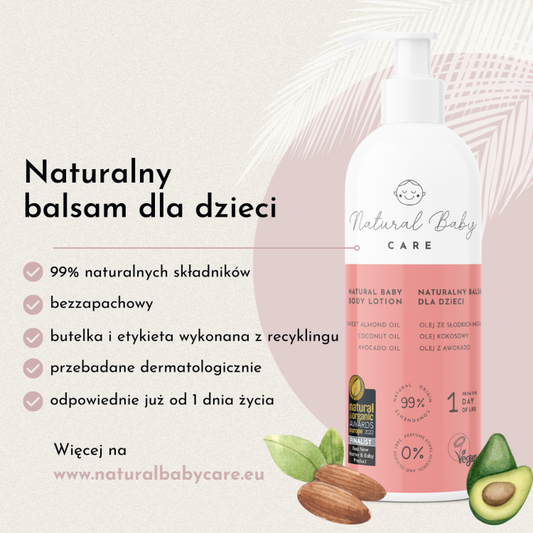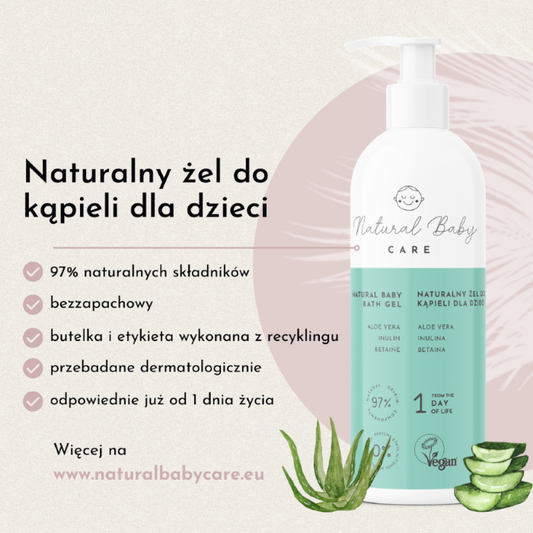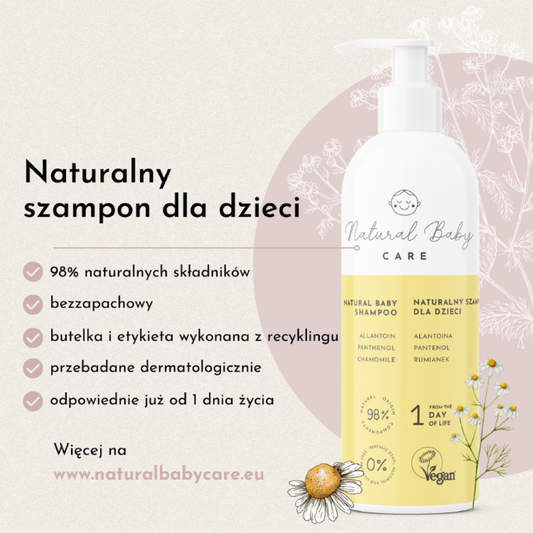Home > Knowledge Zone > Blog > Newborn or infant

Newborn or infant
Author : Natural Baby Care Team
Publication date: September 12, 2024
Reading time: 5 minutes
The birth of a child is one of the most exciting moments in a parent's life. Each stage of development for a new family member brings with it new challenges and questions. In this post, we'll answer key questions about newborns and infants and help you understand when your little one transitions from one stage to the next. We'll also discuss care and nurturing for a newborn's delicate skin.
Check out cosmetics for your baby's delicate skin
A newborn's vision is limited. Immediately after birth, the baby can only see objects about 20-30 cm away. Their vision gradually develops, and after a few weeks, the newborn begins to see more details and recognize their parents' faces.
Did you know that...?
Collapsible content
Kto to jest noworodek?
Gdzie noworodek powinien spać w dzień?
Kiedy noworodek zaczyna widzieć?
Noworodek bez czaszki?
Noworodek z zębami?
Noworodek bez kupy?
Noworodek z żółtaczką?
Noworodek i czkawka?











